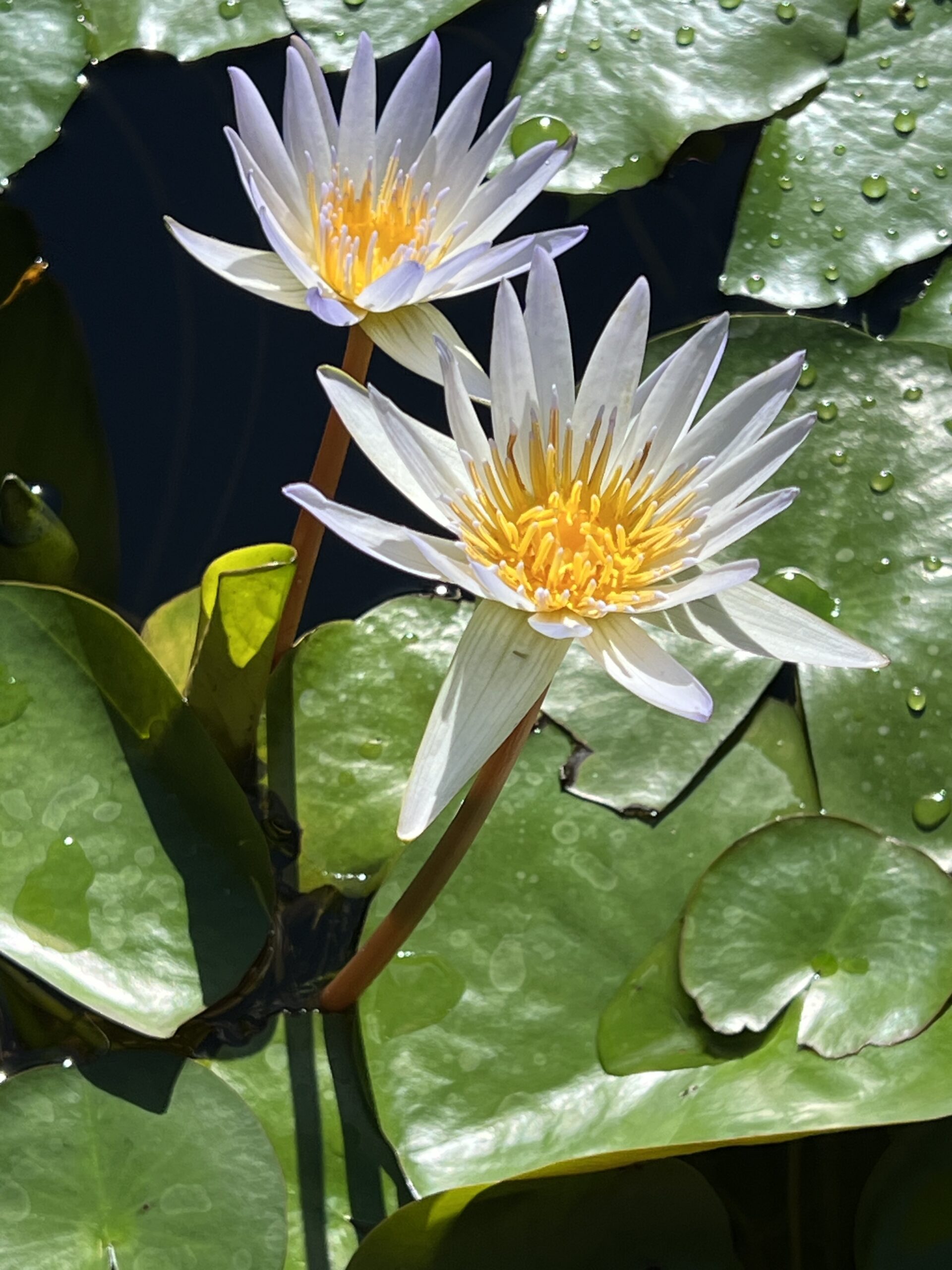“Composting your karma means to take the residual, undigested events and habits and digest them. Just as a compost pile needs tending, so does our karma. Rather than feeling hindered by our karma, we can attend to it. The product in our healthy garden compost is humus, the living part of soil. The product of our composted, digested karma is learned lessons. As we learn our lessons, we become more and more aware. We learn to openly question, and we learn to listen. These lessons open us up to our innate compassion and wisdom. We become the Buddha we already are.”
(Excerpted from: Composting Our Karma: Turning Confusion into Lessons for Awakening Our Innate Wisdom)
If I were so motivated I could look back through my blogging history and find the exact date that I published my blog on Mindfulness, (Jan. 2021) that also marks my first attempt at composting. I wrote:
“As with home maintenance, personal growth can be mind-numbingly boring, lending credence to the John Lennon quote: “My life is what’s happening while I’m making other plans.” One to-do-list item after another gets in the way of a more exciting, care-free, (albeit imaginary) life. Hardly the stuff of our daydreams, inner transformation can be painfully slow. Like turning clippings to compost, change can take a very long time.
“But what if these seemingly insignificant, recurring activities were to serve a “higher” purpose? What if all the minutia I attend to on a daily basis were performed mindfully, purposefully? What if it were symbolic of the personal growth work that, while being done internally, profoundly affects not only myself, but people and things around me?”
These observations hold greater relevance in light of what I’ve been contemplating lately. Over breakfast with a friend we discussed the tendency, as we age, to resist change and wax nostalgic over the good old days. Our conversation was relative to her own parents’ recent move to a seniors’ community, and how difficult it has been for them to integrate into this unfamiliar place with its population of unknown faces. I could relate.
Since moving to West Vancouver, a neighborhood skewed to the over 65 age group, I’ve seen my fair share of canes, walkers and handiDART transit vans. Or maybe they just stand out because of what they represent, a decline both in independence, physical agility, and the mental ability to remember where I left my purse, hat, glasses.
So what options or strategies might my friend’s parents have besides “looking on the bright side” or “just sucking it up”? Since neither of those options appealed to me, I couldn’t imagine how they could be palatable to people older, and likely even more set in their ways, than me. (If that’s possible). And then of course there’s the perception that seniors’ residences are just “God’s waiting room”, a move to be put off for as long as possible.
For me to embrace aging there has to be more meaning and purpose in “seniority”. Fortunately there’s a great many wisdom texts that point to an engrossing and rewarding inner, spiritual journey that takes over for (or at least supplements) the more outgoing and physically active life I’ve been leading until now.
In Meditation in Action Chögyam Trungpa Rinpoche writes about becoming the Buddha we already are:
“HOW TO GIVE BIRTH to bodhi, the awakened state of mind? There is always great uncertainty when you don’t know how to begin and you seem to be perpetually caught up in the stream of life. A constant pressure of thoughts, of wandering thoughts and confusion and all kinds of desires, continually arises. If you speak in terms of the man in the street, he doesn’t seem to have a chance, because he is never really able to look inward; unless perhaps he reads some book on the subject and has the desire to enter into a disciplined way of life, and even then there seems to be no chance, no way to begin. People tend to make a very sharp distinction between spiritual life and everyday life. They will label a man as “worldly” or “spiritual,” and they generally make a hard and fast division between the two.”
Fortunately (in retrospect at least), I was introduced to the bodhisattva (or awakened) path as a relatively young adult. Like a retiree who has lost the sense of purpose and identity that they got from their job or involvement in the community, so too the recession in the ‘80s took away most of the markers upon which I had based my sense of self-worth and security. After walking away from our home and most everything else we owned, I was challenged to find a new sense of meaning and purpose that wasn’t dependent on social status or material possessions. I found it in Vedanta philosophy, transpersonal psychology, and Yasodhara Yoga.
Because of this head start, I’m compelled to find words or examples of how to make the shift from “worldly” to “spiritual” more accessible or appealing to people for whom it is unknown or confusing, such as my friend’s parents. This aim is not entirely altruistic. As a spiritual seeker living in a secular community, I sometimes find myself doubting the value of inner work. Perhaps that’s a more candid reason why I want to interest people in a spiritual path. For the company, or sangha of people interested in awakening their innate wisdom. To make their years golden in more than name only.
Now where did I put my car keys?
